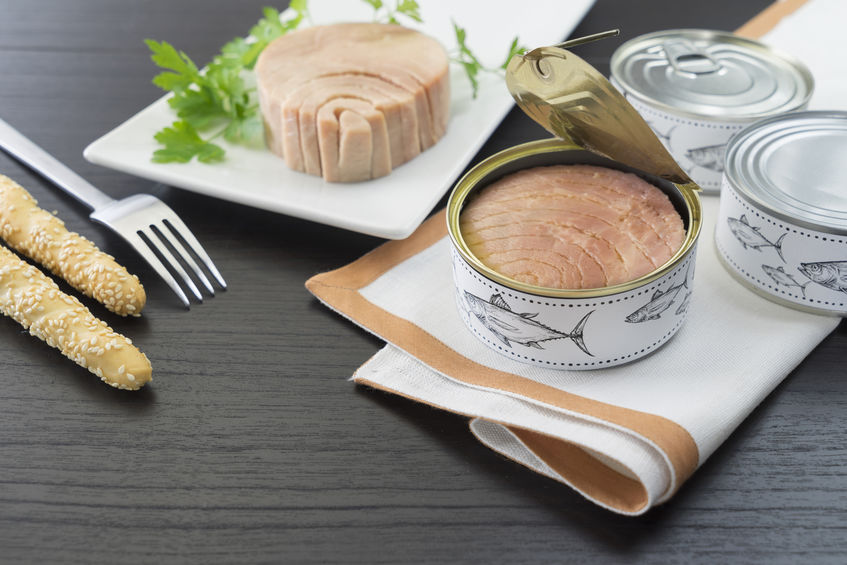Can I Bring Canned Tuna to Japan?

Can I Bring Canned Tuna to Japan?
Navigating Japan’s Rules: Bringing Canned Tuna into Japan
From sushi to tempura, Japan is renowned for its seafood cuisine. But what about those who want to bring their own taste of the sea to the country? Specifically, let’s talk about canned tuna. Can you bring it to Japan? The short answer is yes, but as with all things, it’s not without its guidelines and conditions. Here’s your comprehensive guide to bringing canned tuna to Japan.
Understanding Japan’s Import Regulations
Japan has strict regulations when it comes to importing food products, including canned goods. These rules are overseen by the Ministry of Health, Labour, and Welfare (MHLW) and the Ministry of Agriculture, Forestry, and Fisheries (MAFF). They’re implemented to protect the country’s unique ecosystem, prevent the spread of disease, and maintain food safety standards.
Can You Bring Canned Tuna to Japan?
Yes, you can bring canned tuna into Japan. Canned foods, including tuna, are generally regarded as processed foods and are therefore usually exempt from the restrictions that apply to fresh, dried, or raw foods. This is because the canning process, which involves heat treatment, effectively eliminates any potential biosecurity risks.
However, it’s crucial to remember that the canned tuna must be for personal use and not for commercial distribution or sale. As of my last update in September 2021, you can bring up to 10 kilograms or 10 liters of processed food products into Japan.
Customs Declaration and Inspection
Regardless of the type of food you are bringing to Japan, it’s important to declare all food items at customs when you enter Japan. Non-declaration, even if unintentional, could result in penalties.
Once declared, your canned tuna may be subject to inspection. This is usually a quick process as canned goods are easily identifiable and their contents verifiable.
Recommendations
For a smooth journey with your canned tuna, consider the following:
- Pack Properly: Make sure the cans are securely packed to prevent damage. Customs might not allow damaged or leaking cans.
- Declare All Items: Honesty is key when going through customs. Declare your canned tuna to avoid potential penalties.
- Remain Patient: Inspections at the customs are part of the process. While canned goods are usually easily verified, you may still be subject to a thorough check.
- Check the Latest Guidelines: Regulations can change. Before you travel, check the latest Japanese customs guidelines to ensure you’re up-to-date.
In conclusion, bringing canned tuna into Japan is entirely feasible, as long as you follow the guidelines and respect the procedures in place. Whether you’re hoping to enjoy a taste of home during your visit, or sharing a favorite food with friends in Japan, you can rest assured that your canned tuna can accompany you on your journey. Bon voyage and itadakimasu!










